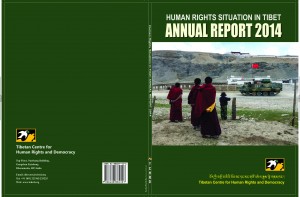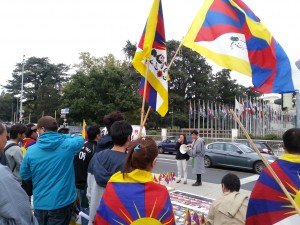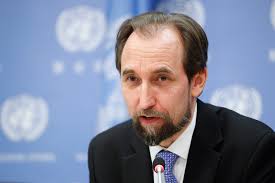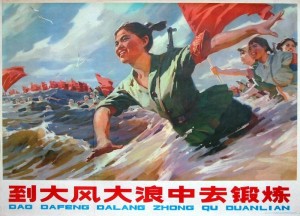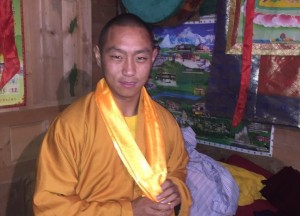
A Tibetan monk who was recently released after completing a seven-year prison term is in critical condition following injuries suffered during detention and lack of medical care in prison.
Palden Thinley, 26, was released from Deyang prison on the afternoon of 17 May 2015 in Kardze (Ch: Ganzi) Tibetan Autonomous Prefecture, Sichuan Province, in the Tibetan province of Kham, according to information received by Tibetan Center for Human Rights and Democracy (TCHRD).
On the day of his release, prison authorities handed over Palden Thinley to County Public Security Bureau (PSB) officers in Kardze apparently to prevent local Tibetans from giving him a hero’s welcome. At around 3 am on 18 May 2015, the Kardze County PSB handed over Thinley to Dhato Township PSB, who in turn secretly summoned his family at night to pick him up.



